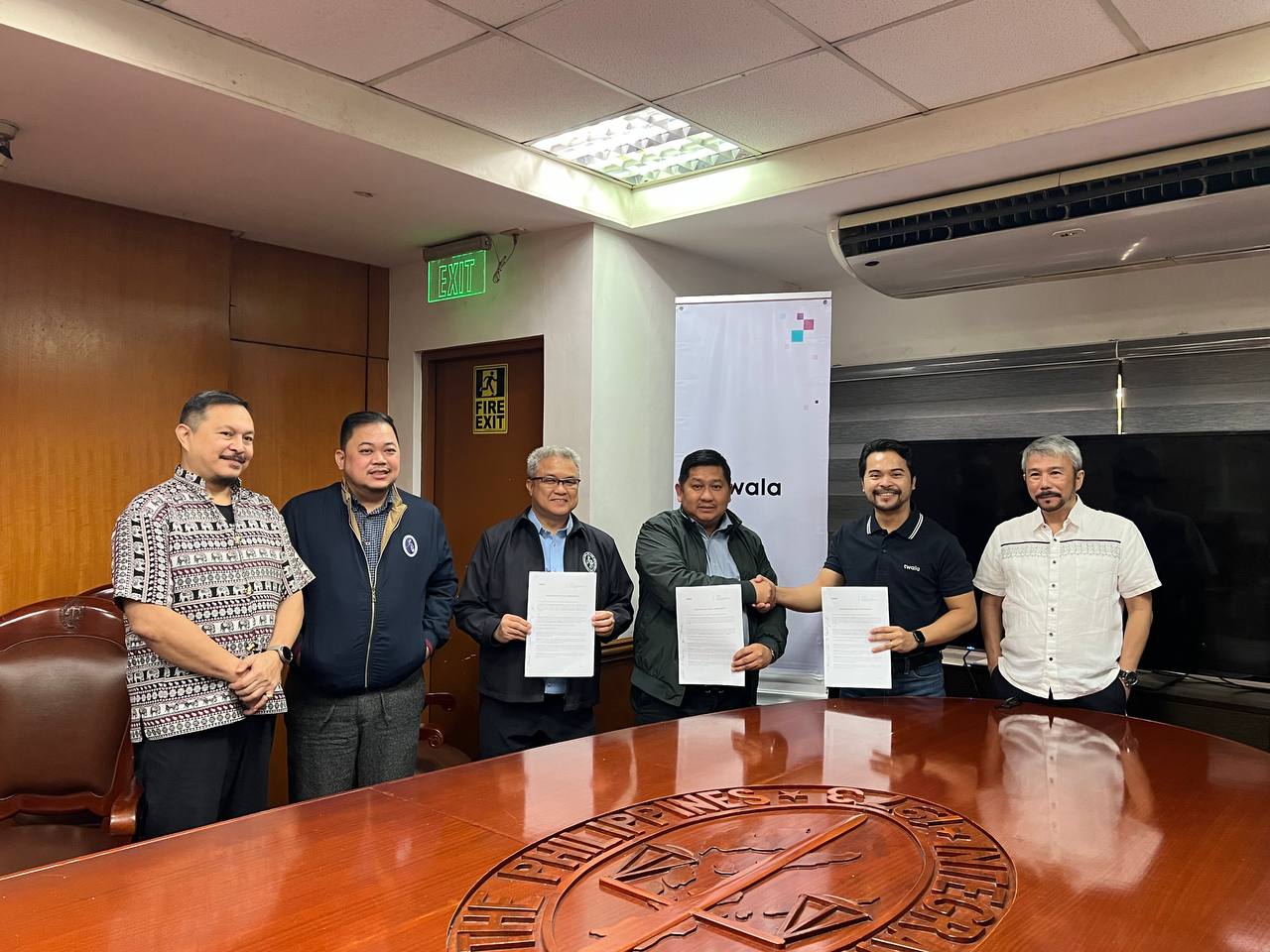What Is E-Notary? A Basic Look at Digital Notaries in the Philippines
Notarization is a vital part of many legal and business transactions in the Philippines. Traditionally, notarization requires in-person signing and witnessing of paper documents before a notary public. But in 2025, a major innovation arrived with the Supreme Court's approval of the Rules on Electronic Notarization (A.M. No. 24-10-14-SC). This new system lets Filipinos notarize electronic documents quickly, securely, and even remotely, ushering in a new era of notarization convenience and accessibility.
What Is E-Notarization?
E-Notarization refers to the electronic notarization of documents using digital technology rather than paper-based methods. The Rules on Electronic Notarization provide for two types of notarization:
- In-Person Electronic Notarization (IEN): The signer and any witnesses physically appear before an Electronic Notary Public (ENP), but sign an electronic document instead of paper.
- Remote Electronic Notarization (REN): The signer and witnesses appear virtually before the ENP via videoconferencing using an accredited Electronic Notarization Facility (ENF), allowing notarization from any location.
Both methods apply exclusively to electronic documents in Portable Document Format (PDF) or Portable Document Format Archival (PDF/A). Paper documents with handwritten signatures continue to be notarized under the 2004 Rules on Notarial Practice.
Why Is This Important?
E-Notarization removes significant barriers. Filipinos no longer need to travel to distant government offices or wait in long lines to get papers notarized. Overseas Filipino Workers (OFWs) and people living in remote provinces can now access notarial services with ease and security. The process leverages multi-factor authentication—such as facial recognition, biometrics, and one-time passwords—to protect document integrity and prevent fraud.
How Does the System Work?
The Supreme Court envisions an Electronic Notary Administrator (ENA) who will commission ENPs and oversee ENFs to ensure compliance and regulation. All electronic notarial acts must be logged in an electronic notarial book, a secure official record stored digitally to prevent tampering. Electronic notarial records are also uploaded to a centralized Supreme Court database, ensuring transparency and accountability.
The Rules also permit “limited extraterritorial performance” where Filipinos abroad can be notarized if they are on the premises of Philippine embassies, consulates, or honorary consulates.
Current Status and Looking Ahead
Since coming into effect in March 2025, these Rules on Electronic Notarization supplement the existing 2004 notarial rules rather than replacing them. The appointment of the ENA is still pending, but the regulatory framework is fully in place to enable broader adoption. The Supreme Court's digitalization efforts are set to streamline legal services, making notarization faster, simpler, and safer for all Filipinos.
E-Notarization marks a significant shift in Philippine legal practice, making notarial services more accessible and efficient while embracing modern technology.



.png)


-2.png)